Progressive lack of appetite lethargy and weight loss are among the most common. JNS places special emphasis on articles that.
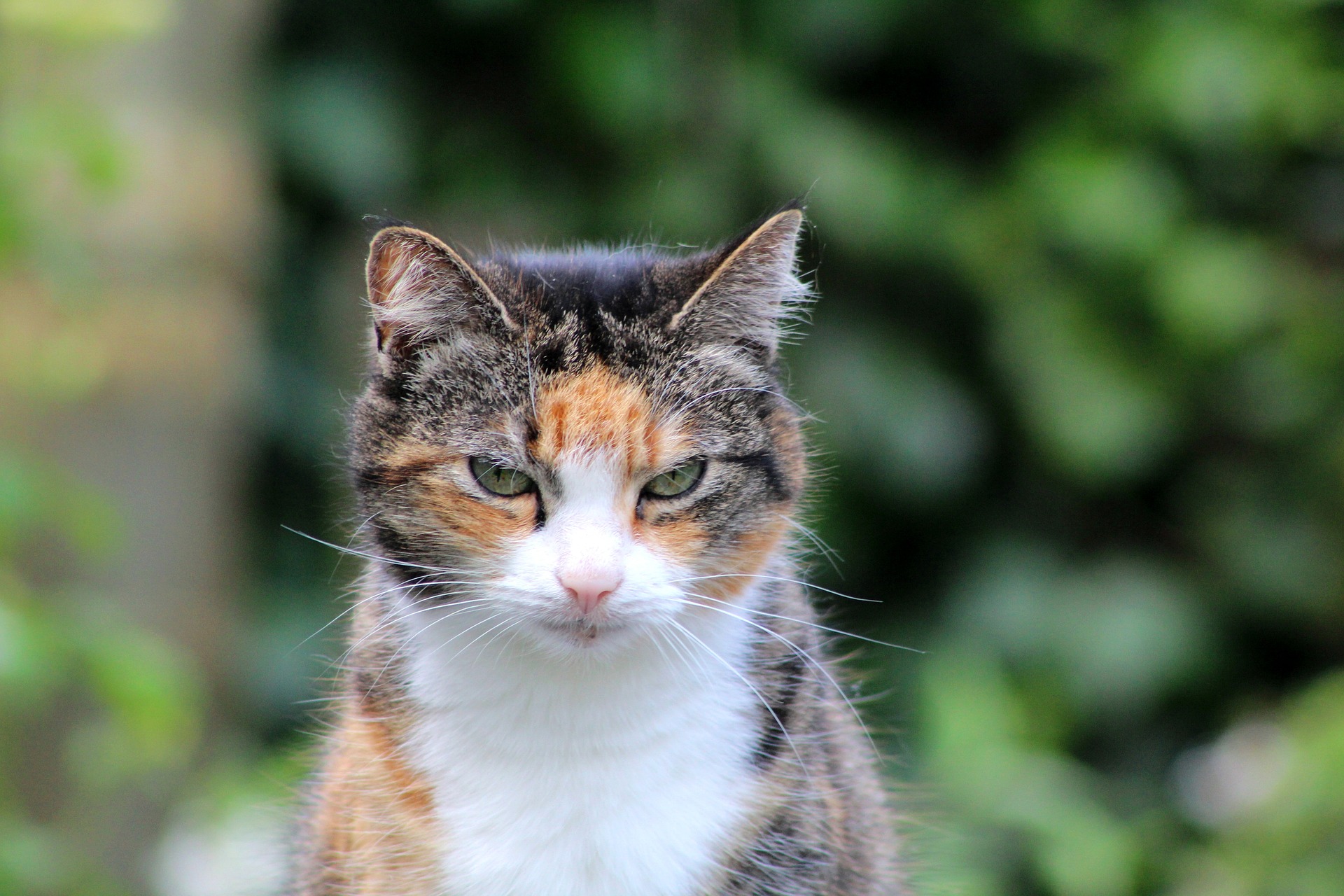
My Cat Has Lymphoma What Does That Mean Vet Help Direct
He has a large a little smaller than a baseball mass that has developed from his small intestine.
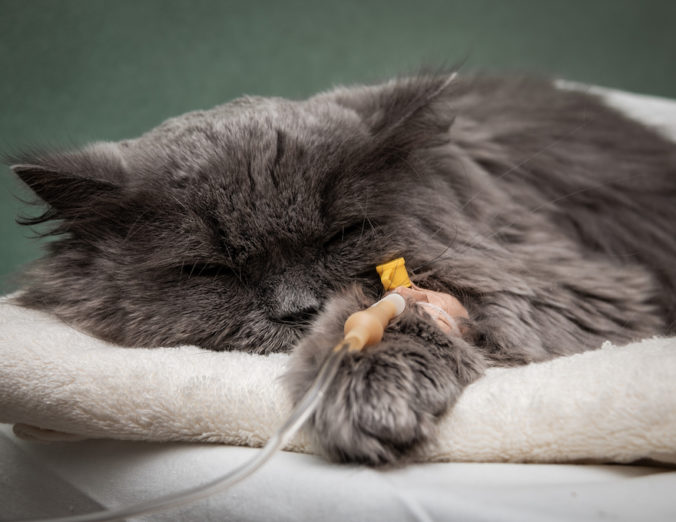
. During the period from 2012 to 2014 six cats were as having large granular lymphoma. An LGL consists of cells that show less or more mature morphology but typically neoplastic cells possess cytoplasmic azurophilic granules clearly visible during cytological examin- ation. The following signs and symptoms may indicate that a cat has developed this kind of cancer.
GI lymphoma occurs mostly in older cats from 9 to 13 years of age and is most often detected in the small intestine. Large-cell lymphoma occurred in 99 12121 of cats treated for small-cell GI lymphoma. Affects the gastrointestinal tract this is the most common type more likely in senior cats.
Affects the kidneys as healthy kidney cells get replaced by cancerous cells. Will my cat be sick. Lymphoma of the chest mediastinal lymphoma causes respiratory symptoms.
My cat was diagnosed with large-cell lymphoma the more aggressive form on Monday 123013. Depending on where the lymphoma is present initial signs can range from nonspecific problems such as weight loss poor appetite and lethargy to concerns such as difficulty breathing nasal discharge masses on the skin or seizures. Feline practitioners should include large-cell lymphoma on their list of differential diagnoses in cats diagnosed with small-cell GI lymphoma developing weight loss anemia hypoalbuminemia and hypoproteinemia.
Clinical signs typically depend upon the location or organ system involved. He has lost some weight but is otherwise healthy and happy. He will be 12 years old in February.
Cats with gastrointestinal lymphoma show weight loss decreased appetite vomiting andor diarrhea. Some cats may present with a mass and no apparent signs of illness. If your cat has neurological symptoms nervous system involvement.
His appetite seems pretty normal and his bloodwork is good. Often owners will notice non-specific signs of illness such as reduced appetite lower energy levels weight loss vomiting or diarrhoea. A cat with lymphoma may demonstrate only very vague problems.
Other symptoms are common depending on where the cancer invades. Affects the lymphoid organs in the chest most often seen in young cats. Its also important to note.
Cats with large cell gastrointestinal lymphoma tend to have a rapid onset of signs days or weeks versus cats with small cell gastrointestinal lymphoma. The signs of illness that will vary depending on the extent and location of lymphoma. Signs and Symptoms That Are Identified.
Symptoms of Skin Ulcers in Cats The initial signs of skin ulcers in cats is a crusted area of the felines foot nose or skin. Cats that are FIV or FeLV positive are more likely to develop this disease. Signs of cancer in cats may be subtler and more chronic and include.
High-grade and low-grade lymphoma. Appetite loss or sudden weight loss Irritability Vomiting Diarrhea Lethargy Refusing to be touched. Weight losspoor body condition Decreased appetite Vomiting Diarrhea Lethargy Cats with small cell lymphoma SCL may begin to display symptoms gradually over time.
Lymphoma is a cancer of the lymphocytes which is a type of white blood cell. What are the Clinical Signs. Signs and symptoms of gastrointestinal lymphoma in cats Symptoms of GI lymphoma in cats may include.
For example if lymphoma occurs in the kidneys it will cause increased thirst and urination. What Is Anaplastic Large-Cell Lymphoma. Renal Lymphoma in Cats Lymphoma can affect the kidneys as well.
It is the most common cancer seen in felines and it accounts for about 30 of new cancer diagnoses in cats. Not eating Hiding Lethargy Weight loss Increased respiratory ratedifficulty breathing Frequent vomiting Diarrheasofter stool than normal eg pudding consistency Swelling under the skin or unusual lumps or bumps on the body Death How does my veterinarian diagnose lymphoma. Some of the most common areas of the body that can be affected by this cancer are the gastrointestinal tract chest cavity liver and spleen.
Originates in the lymph nodes. Other symptoms can include cough difficulty breathing weight loss constipation bloody or tarry stools and swelling around the jaw. In one cat a nasal form of LGL was recognized a systemic form was.
Common signs include vomiting diarrhea weight loss decreased appetite and lethargy. Depending on which organs are affected other signs such as chronic diarrhea vomiting and difficulty in breathing may occur.

Lymphoma In Your Cat Ron Hines Vetspace 2nd Chance The Animal Health Website

Lymphoma In Cats Atlantic Veterinary Internal Medicine

Cancer Lymphoma In Dogs And Cats
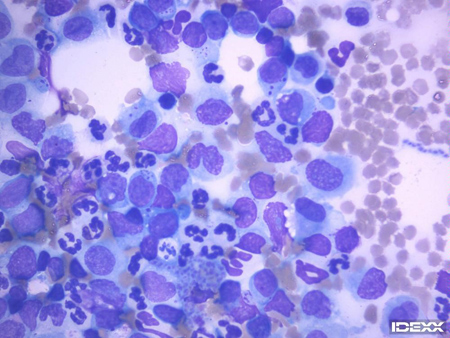
Feline Lymphoma What Your Need To Know The Animal Medical Center

Nasopharynx Diffuse Large B Cell Lymphoma Immunoblastic Morphology Download Scientific Diagram
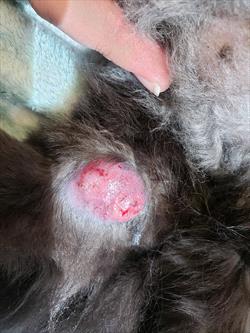
Cutaneous Lymphoma In Cats Veterinary Partner Vin

Feline Lymphoma Clinician S Brief

Living With Lymphoma Catwatch Newsletter
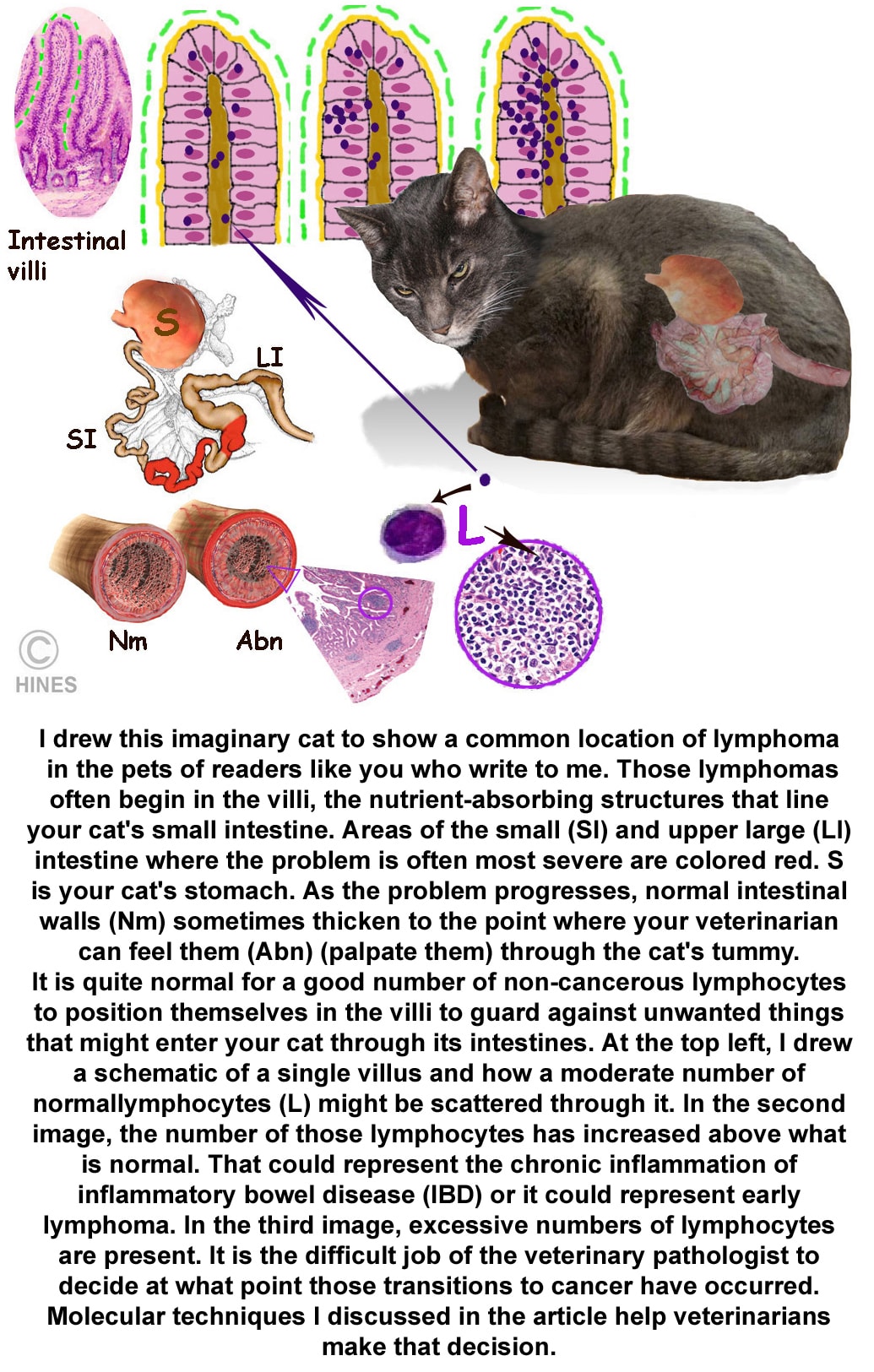
Lymphoma In Your Cat Ron Hines Vetspace 2nd Chance The Animal Health Website
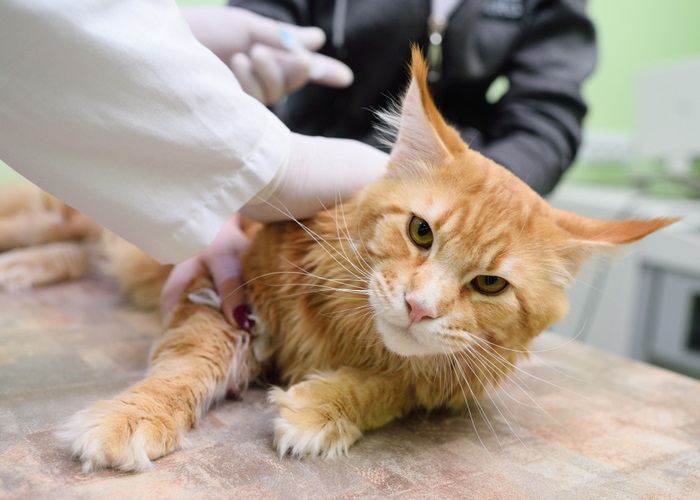
Lymphoma In Cats Symptoms Diagnosis Treatment All About Cats
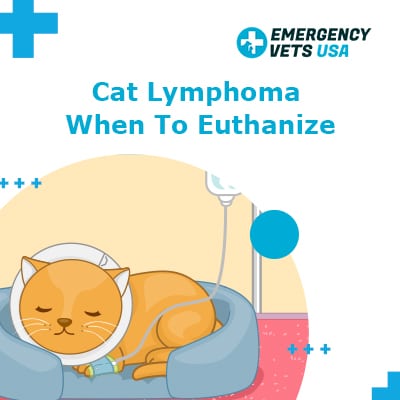
Cat Lymphoma When To Euthanize Our Opinion

Lymphoma In The Cat Fact Sheet Davies Veterinary Specialists

Facial Distortion And Epiphora In A Cat With A High Grade Large B Cell Download Scientific Diagram

Diagnosis And Treatment Of Feline Lymphoma Glories Veterinary Hospital
Cutaneous Lymphoma Of The Tarsus In A Cat Case Study

Feline Cutaneous Lymphoma Figure 1 Diffuse Anaplastic Large B Cell Download Scientific Diagram



